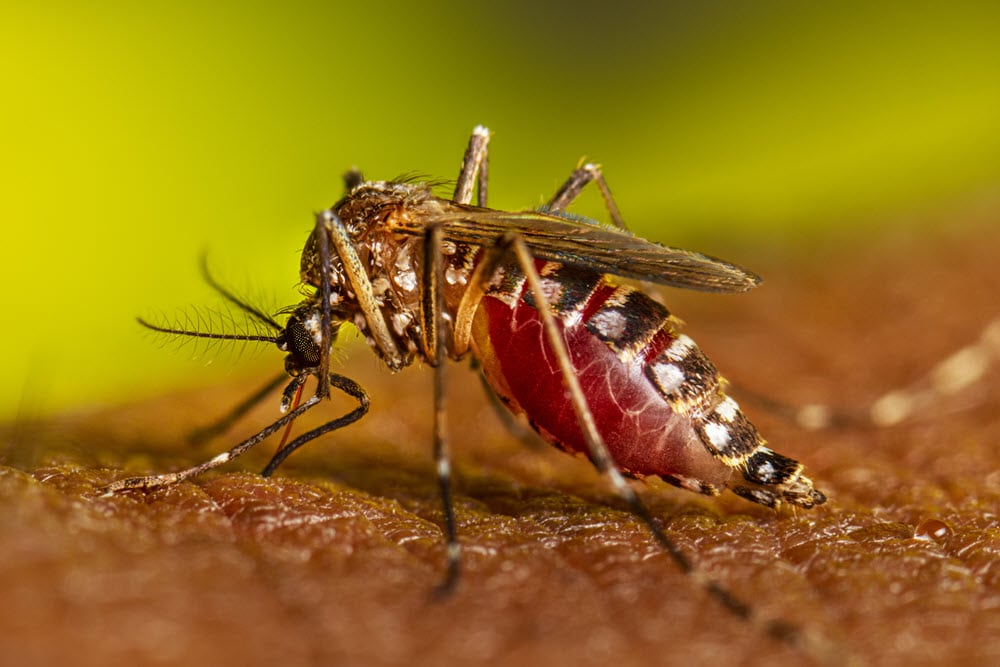There is currently no immediate threat to Cyprus from the chikungunya virus, according to Professor of microbiology and molecular virology Dr Petros Karayiannis.
Speaking to CNA, Karayiannis emphasised that while the risk is real, it remains remote in the case of Cyprus. The virus, which is not transmitted from person to person, spreads only through the bite of an infected mosquito, specifically from the Aedes species (albopictus and aegypti).
“These mosquitoes have made their way into Southern Europe, including Cyprus, over the past two or three years,” he said. However, for the virus to spread locally, an infected individual would need to arrive in Cyprus, be bitten by a mosquito, and then trigger local transmission, something that has not occurred so far.
Chikungunya is not a new virus. It was first identified in Tanzania in 1952 and its name, derived from a local dialect, refers to the contorted posture sufferers adopt due to joint pain.
The virus has seen outbreaks in tropical and subtropical regions and has also caused limited local transmission in countries such as France in recent years.
The most common symptoms include high fever, severe joint pain and swelling, headache, muscle aches, fatigue and rash.
“The incubation period ranges from two to twelve days,” Karayiannis noted. “Symptoms typically last about a week, although in some cases, joint pain may persist for months or even years.”
While most people recover fully, vulnerable groups such as the elderly, young children, and individuals with underlying health conditions are more at risk of severe complications.
There is currently no antiviral treatment or effective vaccine for chikungunya. Management is supportive, focusing on easing symptoms until recovery.
Karayiannis advised those travelling to affected countries to take precautions, noting that Aedes mosquitoes bite during the day, especially in the morning and late afternoon.
Precautionary measures include wearing long sleeves and trousers, using insect repellent, sleeping under mosquito nets and staying in well-ventilated areas or near fans, which deter mosquitoes.
“In many Asian countries, simple air fans are enough to keep mosquitoes away,” he said.
Asked how chikungunya can be distinguished from Covid-19, especially amid a summer surge of coronavirus infections, Dr Karayiannis explained that PCR tests can detect chikungunya’s genetic material and rule out other mosquito-borne viruses such as dengue and Zika.






Click here to change your cookie preferences